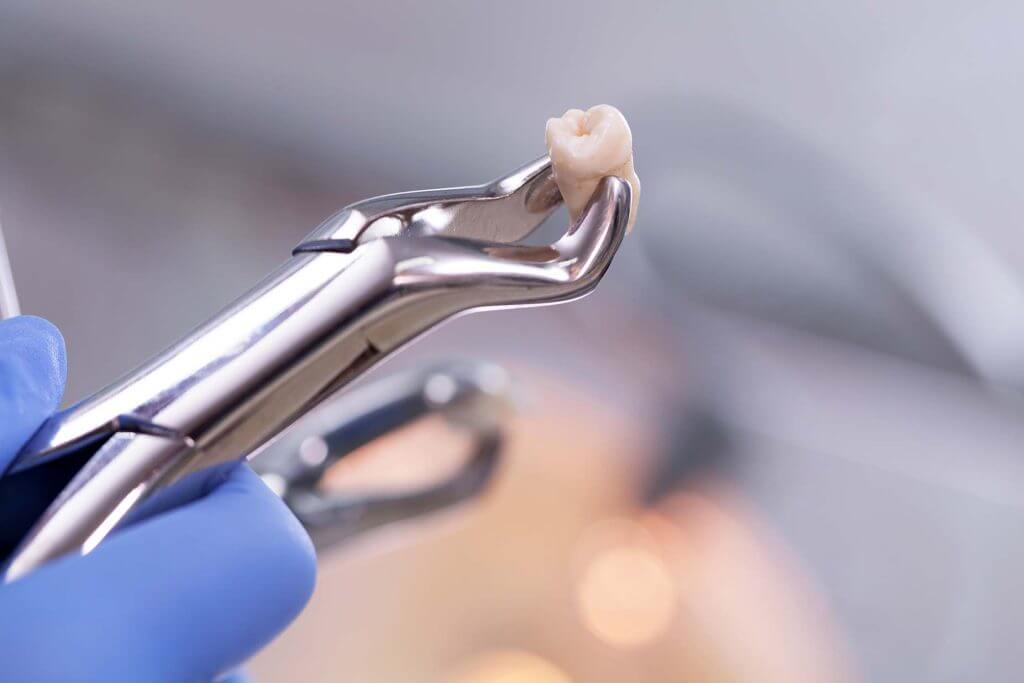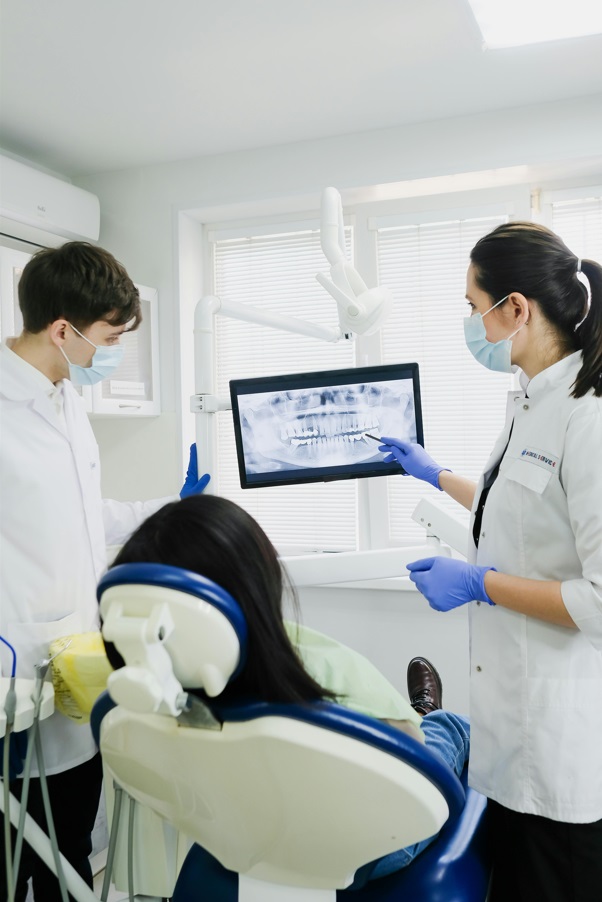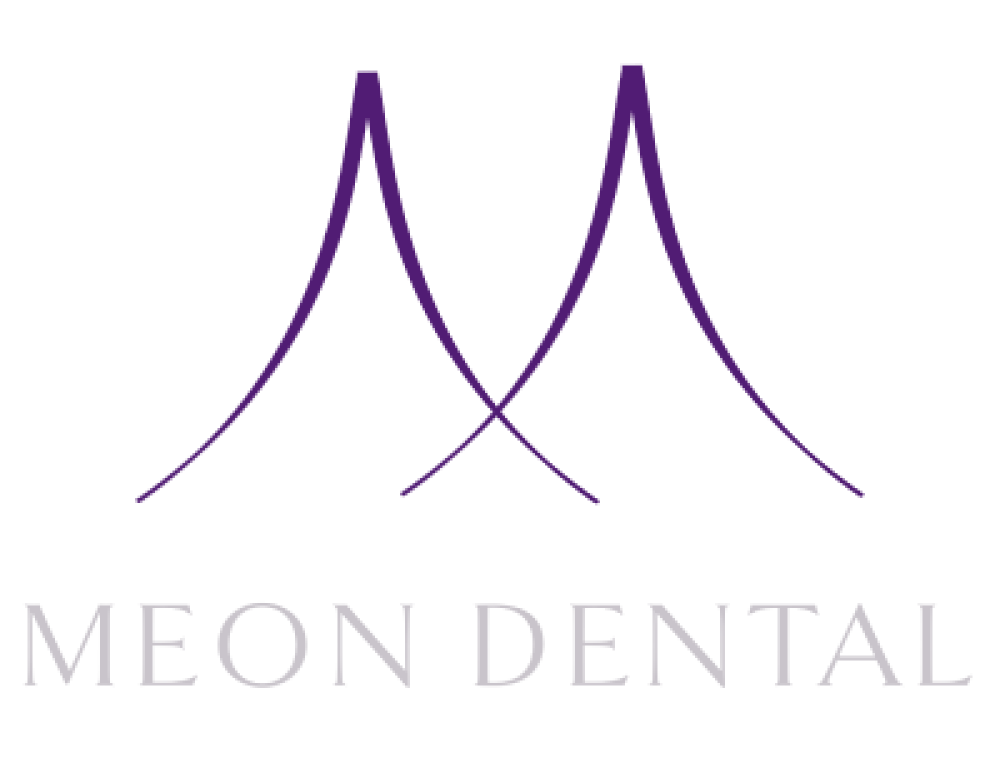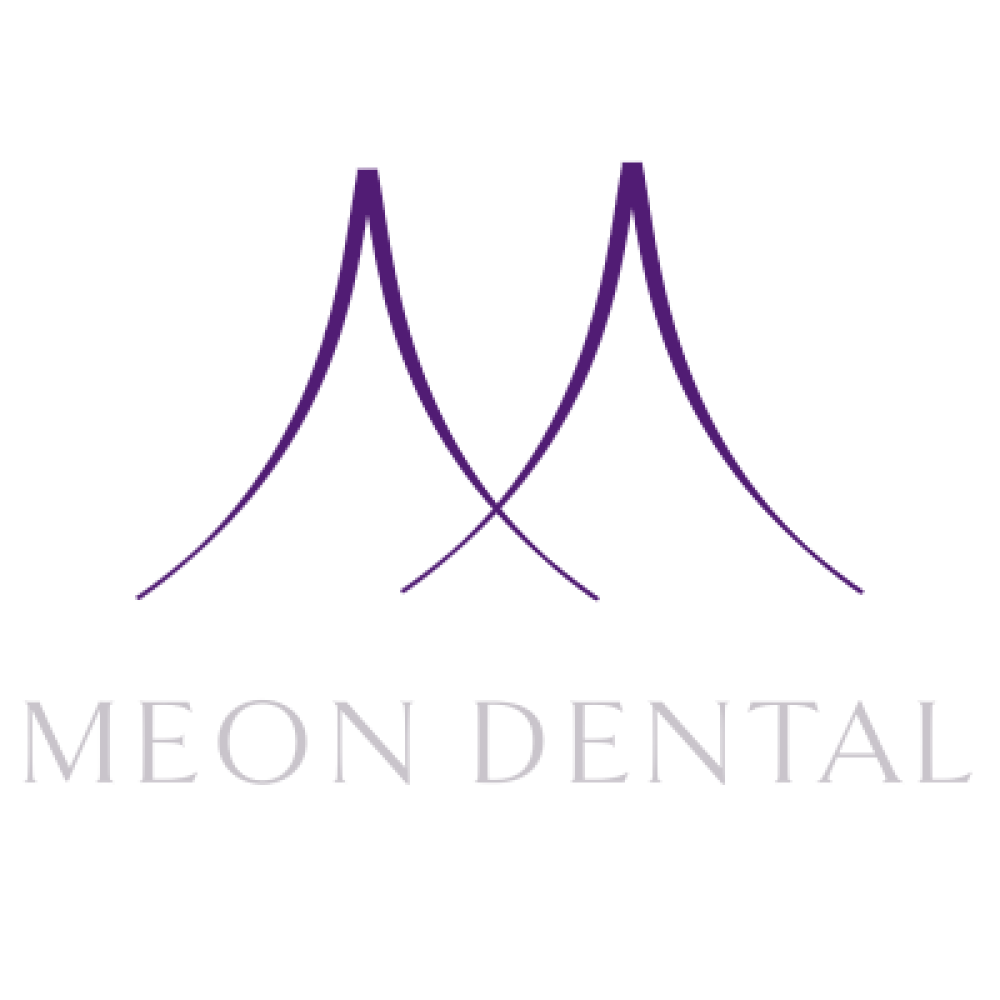TOOTH EXTRACTION


Only if it is necessary!
If your tooth is damaged and can’t be repaired, your dentist may decide to extract the tooth as a last resort. Our expert dentist will ensure the procedure is quick and comfortable from start to finish. We will also help you with all the possible restoration options so you can smile, eat and speak with confidence.
What to expect during a Tooth Extraction
Dental Partner
We understand undergoing a tooth extraction treatment can cause anxiety and nervousness, but we can assure you our team at Meon Dental will be by your side throughout the process.
Comfortable & At Ease
We use a calm and gentle approach, using a local anaesthetic or if needed intravenous or IV sedation, to ensure your tooth extraction treatment is as pain-free and comfortable as possible.
Answers to Commonly Asked Questions Before Your Tooth Extraction Appointment
Tooth extraction procedures are typically performed under local anaesthesia, which numbs the area around the tooth, ensuring that you won’t feel any pain during the extraction. However, it’s normal to experience some pressure or discomfort as the dentist applies force to remove the tooth. After the extraction, you may experience some mild discomfort or soreness at the extraction site. Your dentist will provide post-operative instructions to manage any pain or discomfort, including over-the-counter pain relievers and applying ice packs to the affected area. In general, while tooth extraction is not entirely painless, the procedure itself should not be painful due to the effects of anaesthesia. If you have concerns about pain during or after the extraction, discuss them with your dentist beforehand.
The duration of a tooth extraction procedure can vary depending on several factors, including the complexity of the case and the specific tooth being extracted. Generally, a straightforward tooth extraction procedure typically takes about 20 to 30 minutes from start to finish. However, more complicated extractions, such as those involving impacted teeth or multiple extractions, may take longer. Additionally, removing the tooth if severely damaged or fractured may require more time and effort. Your dentist will assess your situation and provide an estimated extraction procedure timeframe during your pre-operative consultation. Following any pre-operative instructions your dentist provides is essential to ensure a smooth and efficient extraction process.
During a tooth extraction, you can expect the following steps:
Preparation: Your dentist will start by numbing the area around the tooth to be extracted using a local anaesthetic. This ensures that you won’t feel any pain during the procedure. Sometimes, your dentist may also offer sedation options to help you relax during the extraction.
Extraction: Once the area is numb, your dentist will use specialised dental instruments to gently loosen the tooth from its socket in the jawbone and surrounding tissues. Depending on the tooth’s condition and position, your dentist may need to rock the tooth back and forth or divide it into sections for easier removal.
Removal: After the tooth has been sufficiently loosened, your dentist will carefully remove it from the socket using forceps. You may feel some pressure during this part of the procedure, but you should not experience any pain.
Closure: In some cases, your dentist may need to place stitches to close the extraction site and promote healing. However, for most routine extractions, the socket will heal on its own without the need for stitches.
Post-operative Care: Once the tooth has been extracted, your dentist will provide you with post-operative instructions for caring for the extraction site and managing any discomfort or swelling. This may include guidelines for pain relief, eating and drinking, and oral hygiene practices.
Overall, while tooth extraction may seem intimidating, it is a routine dental procedure performed with precision and care to ensure your comfort and safety. Your dentist will guide you through each step of the process and address any concerns or questions you may have before, during, and after the extraction.
Before a tooth extraction, it’s important to inform your dentist about any medications you are currently taking, including prescription medications, over-the-counter medications, and supplements.
Your dentist will review your medical history and medications to determine if any adjustments need to be made before the procedure. In some cases, your dentist may recommend temporarily stopping certain medications before a tooth extraction to reduce the risk of bleeding or other complications during the procedure. This is especially true for medications that thin the blood or affect blood clotting, such as: Anticoagulants: These medications, also known as blood thinners, include warfarin, heparin, and certain newer oral anticoagulants (e.g., apixaban, rivaroxaban).
Your dentist may work with your healthcare provider to adjust your anticoagulant regimen before the extraction to minimise bleeding risk while still maintaining your overall health.
Antiplatelet Agents: Drugs like aspirin and clopidogrel (Plavix) are antiplatelet agents that help prevent blood clots from forming. Your dentist may advise you to temporarily discontinue these medications before the extraction, depending on your individual circumstances and the risk of bleeding. Nonsteroidal Anti-Inflammatory Drugs (NSAIDs): NSAIDs like ibuprofen and naproxen can also increase the risk of bleeding. Your dentist may recommend avoiding these medications for a few days before the extraction, especially if you are taking them regularly for pain or inflammation. However, it’s crucial not to stop taking any medications without first consulting your healthcare provider, including your dentist and prescribing physician.
Discontinuing certain medications can adversely affect your health, so it’s essential to follow your healthcare provider’s guidance closely. Your dentist will work with you to develop a personalised treatment plan that takes into account your medical history, current medications, and overall health to ensure a safe and successful tooth extraction procedure.

Aftercare for a Tooth Extraction Treatment
Meon Dental prioritises your oral health and well-being even after your Tooth Extraction procedure. The essential aftercare is crucial to maintaining good oral health and prolonging the longevity of your teeth.
We have prepared a comprehensive aftercare guide to assist you. Click here to see the Tooth Extraction aftercare guide:

